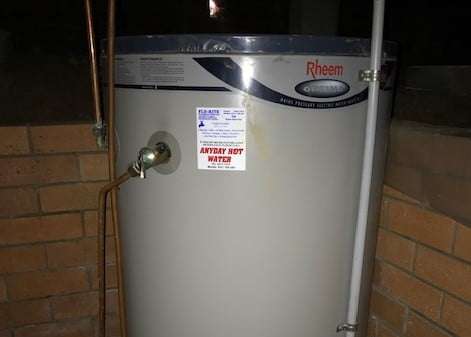Understanding the depreciation life of a water heater is crucial for both homeowners and businesses seeking to manage their finances and plan for future expenses. This involves more than just knowing when the appliance might need replacement. It’s about accurately accounting for the asset’s declining value over time, which impacts taxes, insurance, and overall financial planning. The depreciation life of a water heater, therefore, represents the estimated period over which the appliance is expected to provide useful service before its value is fully exhausted. This estimation is vital for spreading the initial cost of the water heater over its functional lifespan.
Factors Influencing Water Heater Depreciation
Several factors influence the actual depreciation timeline of a water heater. These include:
- Type of Water Heater: Electric, gas, tankless, and solar heaters all have varying expected lifespans.
- Water Quality: Hard water with high mineral content can significantly reduce a water heater’s lifespan due to scale buildup.
- Usage: High-demand usage in a large household or commercial setting will accelerate wear and tear.
- Maintenance: Regular maintenance, such as flushing the tank to remove sediment, can extend the life of the unit.
- Build Quality: Higher quality water heaters with better materials and construction generally last longer.
Typical Depreciation Lifespans
While the actual lifespan can vary, here’s a general guideline for common types of water heaters:
- Tankless Water Heaters: Often last 20 years or more with proper maintenance.
- Electric Water Heaters (Tank): Typically last 10-15 years.
- Gas Water Heaters (Tank): Generally last 8-12 years.
How to Estimate Depreciation
The most common depreciation method is the straight-line method, which evenly distributes the cost over the asset’s useful life. For example, if a water heater costs $1,000 and has a useful life of 10 years, the annual depreciation expense would be $100.
Here’s a simple calculation:
Annual Depreciation = (Cost of Water Heater ⎼ Salvage Value) / Useful Life
The salvage value is the estimated value of the water heater at the end of its useful life (often zero).
Depreciation vs. Actual Lifespan
It’s important to distinguish between the depreciation life and the actual lifespan of a water heater. The depreciation life is an accounting concept used for financial reporting, while the actual lifespan is how long the water heater physically functions. A water heater might be fully depreciated for accounting purposes but still be operational. Conversely, a water heater may need to be replaced before it is fully depreciated if it breaks down prematurely.
Properly accounting for the depreciation life of a water heater requires careful consideration of its type, usage, and maintenance history. In conclusion, accurately estimating the depreciation life will assist in sound financial planning.


